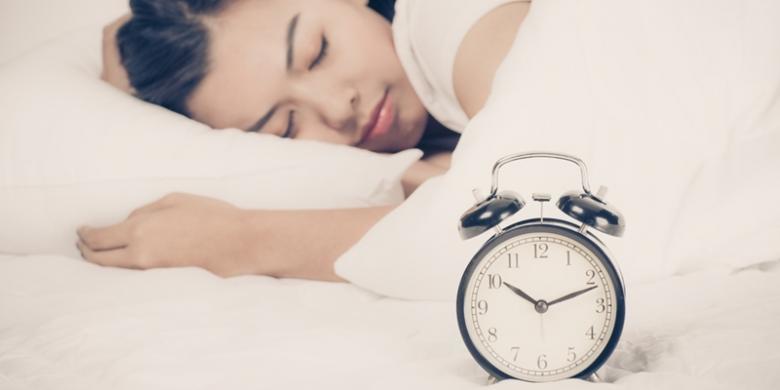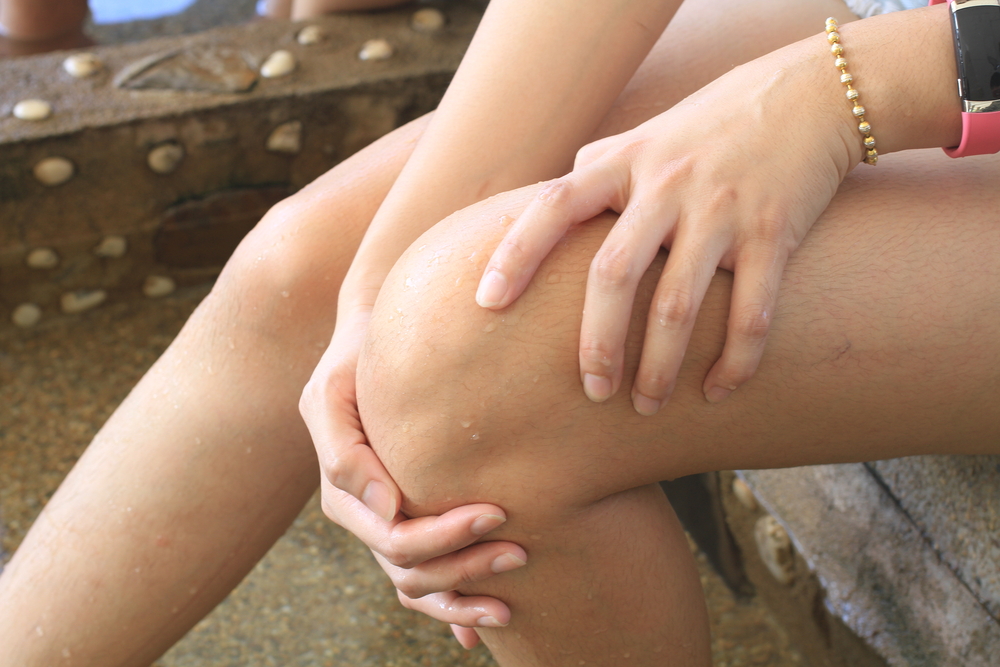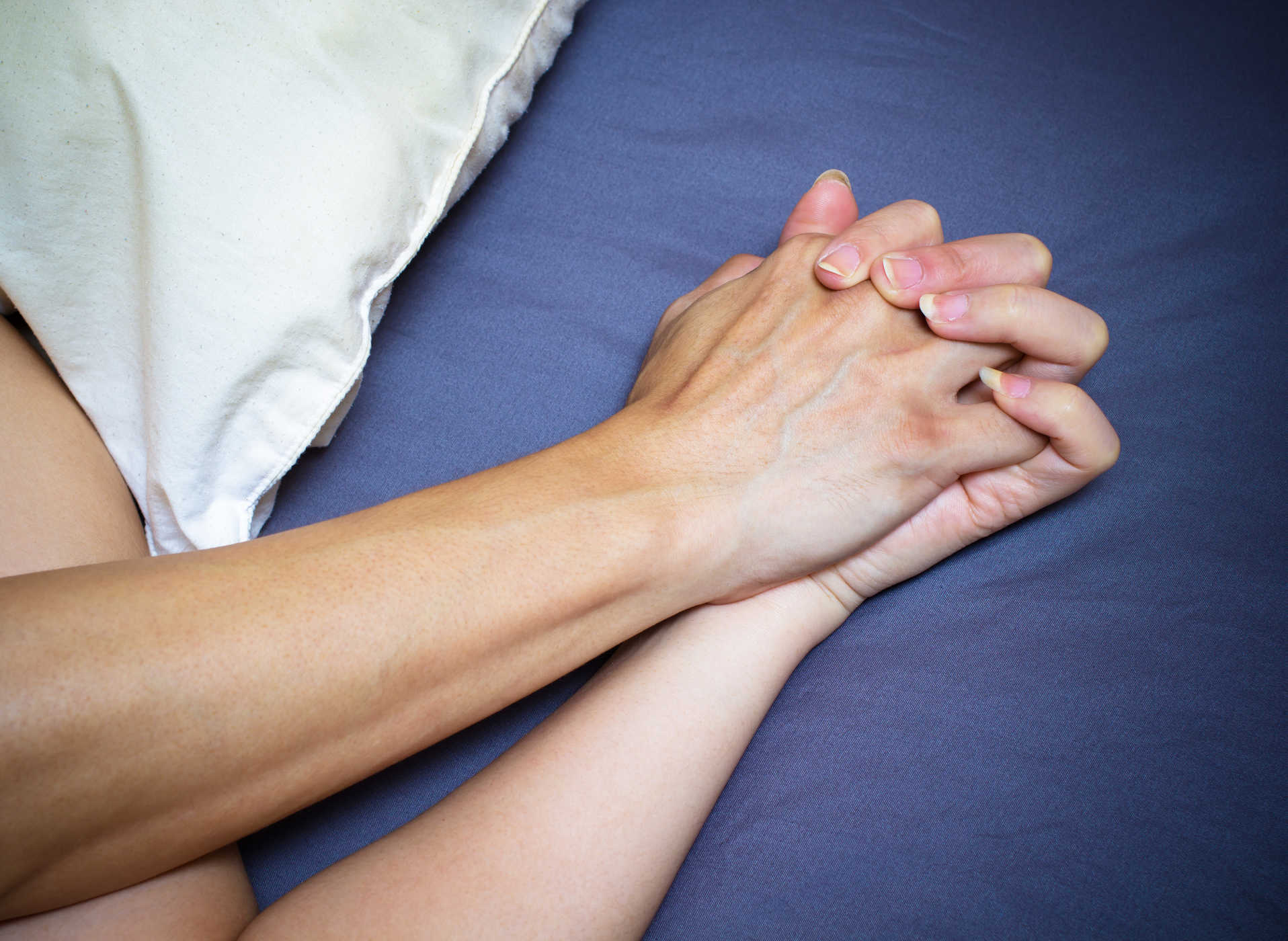Contents:
- Medical Video: What is Narcolepsy?
- Why can diabetes affect sleep patterns?
- What are the sleep disorders associated with diabetes?
- 1. Sleep apnea
- 2. Restless Leg Syndrome
- 3. Insomnia
- How do you deal with sleep disorders due to diabetes?
Medical Video: What is Narcolepsy?
Diabetes is a condition where your body cannot produce enough insulin, or insulin does not function properly. This causes excess levels of glucose in the blood.Symptoms experienced by diabetics can vary depending on how controlled your blood sugar is. However, it is not uncommon for people with diabetes to experience sleep disorders.
Why can diabetes affect sleep patterns?
In a study in 2012, scientists examined the relationship between sleep disorders and diabetes. Sleep disturbances in question include difficulty sleeping, difficulty staying asleep, and even excessive sleep duration.
The study found that there was a clear relationship between sleep disorders and diabetes. The researchers state that lack of sleep significantly increases the risk of diabetes.
Having diabetes does not mean that your sleep patterns will be disrupted. Disturbed or not your sleep pattern is influenced by the symptoms of diabetes that you experience and how you overcome them. Some symptoms will be more pronounced when you are not active:
- High blood sugar levels can cause you to urinate frequently. If your blood sugar is high at night, you will often wake up to urinate.
- If your body has excess sugar, sugar will draw water from your body tissue. This will cause you to feel thirsty, and make you want to drink continuously.
- Symptoms of low blood sugar such as shaking, dizziness, or sweating can also affect your sleep.
What are the sleep disorders associated with diabetes?
1. Sleep apnea
This condition is the most common sleep disorder in diabetics. Sleep apnea is a condition where your breath stops repeatedly during sleep and can automatically return again. Sleep apnea more common in people with type 2 diabetes, this is because usually people with this type of diabetes tend to have excess weight.
Symptoms that are often encountered are fatigue during the day and snoring during sleep. Maintaining an ideal body weight is one way to relieve symptoms.
2. Restless Leg Syndrome
This condition is characterized by a constant desire to move the legs. Restless Legs Syndrome (RLS) or restless leg disorders are more often felt in the afternoon or evening, resulting in a person unable to sleep. This condition may be caused by lack of iron in the body. The risk factor for someone experiencing RLS is high blood sugar levels, kidney problems, and thyroid disorders.
3. Insomnia
Insomnia is characterized by a disorder to start sleeping or maintain sleep. You are more at risk of experiencing insomnia if you have a high level of stress accompanied by high blood sugar levels.
How do you deal with sleep disorders due to diabetes?
You can follow the following tips to get better quality rest at night:
- Avoid using a cellphone at night before going to bed because light can keep you awake. You can read a book before going to bed to help you sleep better.
- Don't consume alcohol before going to bed.
- Turn off your cellphone so that messages or incoming calls do not disturb you.
- The sound of birds chirping, garbage collectors, or cars passing in the morning can disturb your sleep. To overcome this, you can install a fan or other object during sleep, whose sound can distract you from the noise.
- Sleep at the same time every night and wake up at the same time every morning, including on holidays.
- Avoid consuming caffeinated drinks and exercise before bed. This activity can increase blood flow and keep your body awake.












